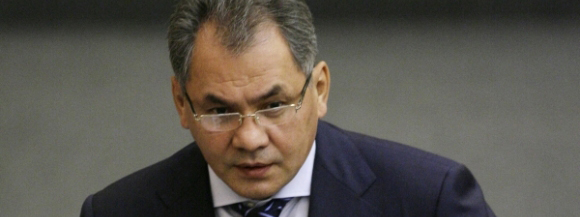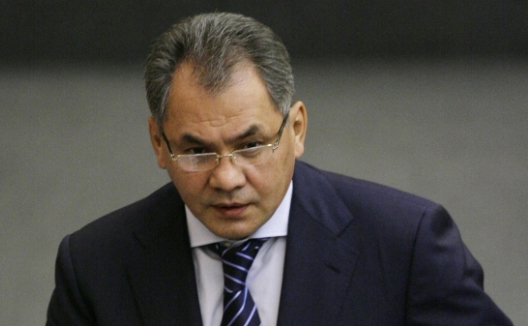The Investment Climate of suburban Moscow. Industrial Development of the Moscow Region.
| |||||
|
["{div class=objectGalleryCell style=\"background:url(\/images\/shoigu1.jpg) center center \/ cover no-repeat;\"}{img src=\"\/images\/shoigu1.jpg\" style=\"opacity:0;width:100%;height:100%;\"}{\/div}"] |
|
||||
|
First and foremost, Shoigu wants to introduce a law regarding strategic investors that will formalize an accessible system of benefits and preferences for serious projects, as well as understandable rules for their realization and maintenance. The corporation assigned with developing the Moscow Region is tasked with attracting strategic investors and helping with the realization and maintenance of their projects, as will as with preparing industrial platforms. An important function will be decreasing bureaucratic delays that investors might run into. Similar organs function effectively in other regions using a one-window system. The leader in eliminating bureaucratic red-tape is the Kaluga Region, where entrepreneurs have the opportunity to call the governor directly. As a result, in the past 10 years investors in Kaluga have not mourned about corruption even once. From the investor's perspective, the region will ideally take upon itself all bureaucratic questions and possible risks, as well as provide platforms ready for construction and the telephone numbers of the region's head. Tax benefits are crucial. The Kaluga Region, having already provided this to investors, is now facing a problem of labor scarcity, as opposed to one of unemployment. The Moscow Region was attractive for investors even before Shoigu's initiative. Direct investments in 2011 totaled more than $2 billion, which is more than twice as much as the analogous indicator in the Kaluga Region. However, this large sum was connected more with residential, commercial, and warehouse real estate, and not with industrial projects. The appearance of individual manufacturing complexes in Stupino and Noginsk (Mars, Danone, and Kampina) does not provide the basis to note a stable trend. Alksnis & Co. operated several years ago in the Moscow Region, searching for and preparing platforms for future sale to investors. The corporation successfully sold an industrial park complex in Lobne in 2007, but then disappeared from the market when the financial crisis began due to a lack of support from the government. Thus, in order to unlock the Moscow Region's investment potential, the local government must not only consider the experience of successful neighbors, but also must display a high level of interest. Aside from battles with bureaucrats, investors cite local monopolists among the Region's problems, one of which is the regional electric company. As a result, Ozery, an industrial park, has problems with electric providers, which want to service documents for 50 megawatts that are already connected without offering any explanations, other than the need for a new payment for connection. Ozery appealed to the Federal Anti-monopoly Service, which receives about 300 complaints per year regarding similar situations. Due to these problems, investors could leave for other regions that not only prepare platforms, but also accompany entrepreneurs and protect them from these problems. A specially created corporation or the governor himself could protect against these problems -- companies will think twice before creating problems for competitors that have a direct telephone line to the governor. Although the industrial development of the Moscow Region is currently not on the highest level, there is a large potential due to the close proximity of Moscow -- a significant sales market. To this can be added the great geographic location on the crossroads of retail routes in Central Russia. Considering the presence of a large amount of labor resources, educational institutions, and qualified employees, the Region could find successful niches in high-tech sectors, chemical and pharmaceutical factories, and food manufacturing. Jobs created in such undertakings might attract Muscovites to the Region, who can purchase less expensive housing in new buildings and still earn respectable wages. The overall standard of living in suburban Moscow will increase along with development in this direction. |









 Sergei Shoigu, the governor of the Moscow Region, has announced the creation of a corporation devoted to the development of the Moscow Region and a law regarding strategic investors. The governor reckons that the Region must establish a special attitude towards investors, as has the city of Moscow and the Kaluga Region, which are the most well known regions with regard to investment. With the right approach, the investment potential of suburban Moscow could be much stronger.
Sergei Shoigu, the governor of the Moscow Region, has announced the creation of a corporation devoted to the development of the Moscow Region and a law regarding strategic investors. The governor reckons that the Region must establish a special attitude towards investors, as has the city of Moscow and the Kaluga Region, which are the most well known regions with regard to investment. With the right approach, the investment potential of suburban Moscow could be much stronger.




